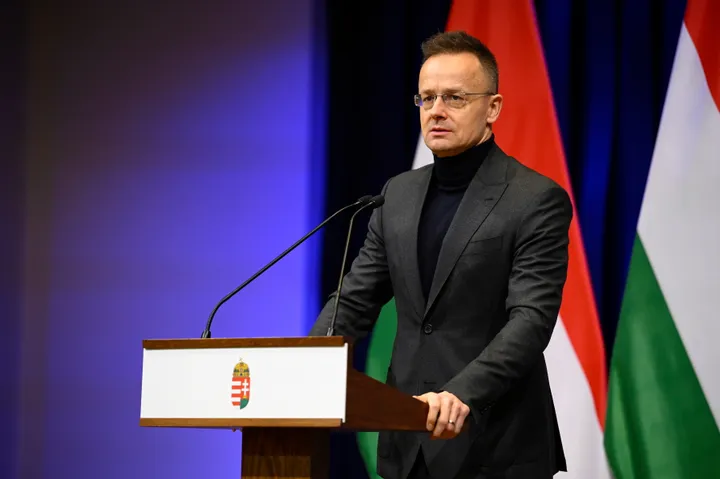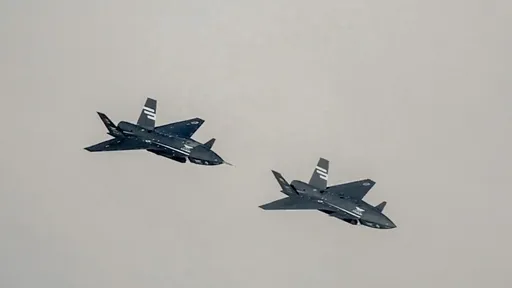Daesh's rise in Iraq and the power vacuum left in the wake of the United States-led invasion of 2003 presented Kurdish peshmerga forces in northern Iraq with an unexpected opportunity – that was to capture Kirkuk in mid-2014.
Controlling Kirkuk was not only an ambition of the Kurdish Regional Government (KRG), Iraq's central government wants to merge Kirkuk with territory under its control. If that was not all, the Turkmen inhabitants are demanding a special status for the city.
The city of Kirkuk remains inside the disputed areas of the country. According to article 140 of the Iraqi constitution, a referendum should have been held at the end of 2007 to decide the status of such areas. That, however, did not happen.
In terms of ethnic diversity, Kirkuk is described as the “small Middle East” and is inhabited by Arabs, Assyrians, Kurds, Turkmen and others.
On Monday, the KRG held a non-binding referendum to determine support for independence in northern Iraq. The referendum was also held in the disputed areas where its peshmerga is based. It was held despite domestic and international pressure.
Neighbours such as Turkey and Iran say “the division of Iraq would only bring more conflict to the region.” They denounced the referendum.
Kirkuk after referendum
Shortly after polls closed on Monday, authorities declared a curfew in Kirkuk, fearing a renewed ethnic conflict.
Reports of small clashes in the Kirkuk area came following the referendum. Local sources told TRT World that one Turkmen and one Kurd were killed the day after the referendum.
And on Wednesday, the Iraqi Parliament asked Prime Minister Haider al Abadi to send troops to Kirkuk and take control of its oil fields.
“Kirkuk is a Turkmen city to the Turkmen who want to stay within central Iraqi territory,” said Habib Hurmuzlu, a Turkmen from Kirkuk, who is a consultant at the Center for Middle Eastern Strategic Studies (ORSAM).
“Real issue is Kirkuk oil. The KRG can not establish an independent state without the oil in Kirkuk. All the moves by the KRG are based on this reality,” said Hurmuzlu. This, he said added to the tension within the city.
As a first step even before the announcement of the referendum, the Kirkuk Provincial Council, which has links to KRG President Masoud Barzani, voted in favour of raising KRG flags alongside the Iraqi national flag on public buildings in the city in March. The Iraqi parliament then bannedKRG flags in Kirkuk, disputing the council's vote, but the flags were still raised in Kirkuk. Turkey also slammed the move.
A couple of days before the referendum, after Kirkuk’s provincial assembly voted to participate in the referendum, Iraq's parliament voted to dismiss the governor of Kirkuk, Najmaddin Kerim.
Kerim is a senior member of the Patriotic Union of Kurdistan (PUK) political party.
Political structure in Kirkuk
The Kurdistan Democratic Party (KDP), which is the biggest party in the semi-autonomous Kurdish region of northern Iraq and led by President Masoud Barzani, spearheaded the referendum. Behind the KDP is the Movement for Change Party, or Gorran. PUK is the third largest party.
PUK and KDP have similar policies on independence but differ on other issues.
PUK has its own peshmerga forces that dominate in Kirkuk and the Sulaymaniyah region while KDP's peshmerga forces control Erbil, Duhok and north Mosul.
Kamal Chomani, non-resident fellow at the Tahrir Institute for Middle East Policy, explains the division between Kurdish parties as “cyclical” when it comes to interests.
“Their relations [KDP and PUK] with each other are not good. However, it’s hard not to unite under the same umbrella when it comes to the independence referendum,” he said.
“Subdivision is so obvious among Kurds. Kirkuk is the stronghold for the PUK. There are two kinds of KDP forces in Kirkuk,” said Chomani, saying while one group is welcomed by the PUK to help to defend their positions, while others in the southwest are not wanted due to the ongoing power struggle between the KDP and PUK.
The three largest parties are followed by the Kurdistan Islamic Group (Komal) and the Iraqi Turkmen Front represents the Iraqi Turkmen people, who are supported by Turkey.
Arab-populated areas in Kirkuk were historically Kurdish, Turkmen and Assyrian inhabited areas but were affected by Saddam Hussein’s Arabisation policy.
Turkmen and Arab populations boycotted the referendum, but all the opposition Kurdish parties supported the “Yes” vote, although they had initially said they, too, would boycott it.
“KDP had launched a very dirty campaign against those who criticised and opposed the referendum, accusing them of betraying the Kurdish cause. What would this have done to the political parties who oppose independence referendum that Kurdish people have long been dreaming?” Chomani explained the policy change by the opposition.
Turkey is also strongly opposed to an independent state which would be on its southeastern border, threatening the KRG with the harshest of sanctions.
Chomani said the KRG should pay more attention to threats made by Turkey.
“Kurdish leaders in northern Iraq are making a huge mistake by underestimating threats from Turkey and Iran. Turkey will completely ignore the independent [Kurdish] state, which would be finished because it only has one real source of financing their economy, which depends on Kirkuk oil,” he said.
Hashd al Shaabi forces in Kirkuk
The oil-rich province is wanted by all sides.
Some groups of Shia militias that also fought against Daesh have taken control of some parts of Kirkuk.
Some of the Turkmen and Arab tribes have their own armed groups, which act under the umbrella of Hashd al Shaabi, a militia group hugely supported by Iran.
After the Iraqi parliament asked Prime Minister Haider al Abadi to send troops to Kirkuk, Hashd al Shaabi forces said they are prepared to do battle in Kirkuk against peshmerga, according to the local sources.
The Kurdish Regional Government exports 260,000 barrels of oil per day, mostly through a pipeline to Turkey, and the area under its control is estimated to have some 11 percent of Iraq's total oil reserves.























